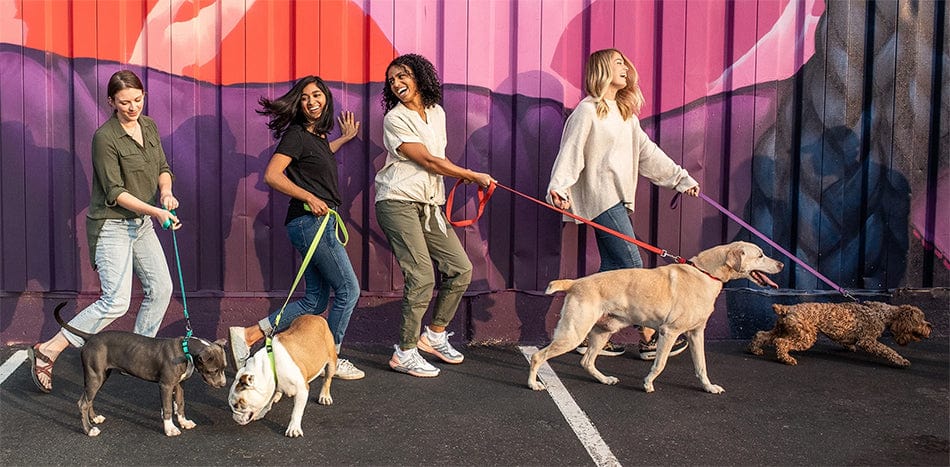Your cart is empty. Let's fix that!


This post is written by holistic veterinarian Dr. Angie Krause, DVM, CVA, CCRT.
Carrageenan is a food additive that is used to thicken and emulsify food. If you are wondering what it means to emulsify food, think of combining two ingredients that are really hard to mix. Carrageenan helps those ingredients stay in a mixture without separation.
Carrageenan has come under scrutiny as an ingredient in pet foods as a result of a few published studies. These studies reported negative effects including inflammation and toxicity. This led to concern about possibly creating disease in the intestines of dogs and cats. However, the carrageenan used in these studies was not the same form of carrageenan used in pet foods. These studies used degraded carrageenan, also known as poligeenan. This compound is a known carcinogen (causes cancer) and is not allowed in pet food.
Other studies that have used undegraded carrageenan (food-grade carrageenan) showed no harm. There is an exception, however, with a few studies that showed that adding carrageenan to cells of the liver and colon in a petri dish caused inflammation. Carrageenan is not absorbed by the intestines and would not make it to the liver in a cat or dog. However, carrageenan in the diet does reach cells in the colon. The studies were done in the lab and not in a living animal. It would be helpful to know if this is repeatable in cats and dogs.
Another missing piece of information is how cats and dogs digest carrageenan. It’s unknown if exposure to stomach acid converts this molecule to a more dangerous and toxic form.
While there is not enough data to show that carrageenan causes harm in cats and dogs, it’s easy to avoid – I and love and you has exclusively carrageenan-free formulas. As the carrageenan debate continues and new information emerges, if you're feeding your pet I and love and you goodness, you can rest assured your pet is not being exposed.
What ingredients should you avoid in your pet’s food? Take a look at our How to Read a Dog's Food Label blog post for more info on how to discern them.
With love,
Dr. Angie
Updated October 23, 2024